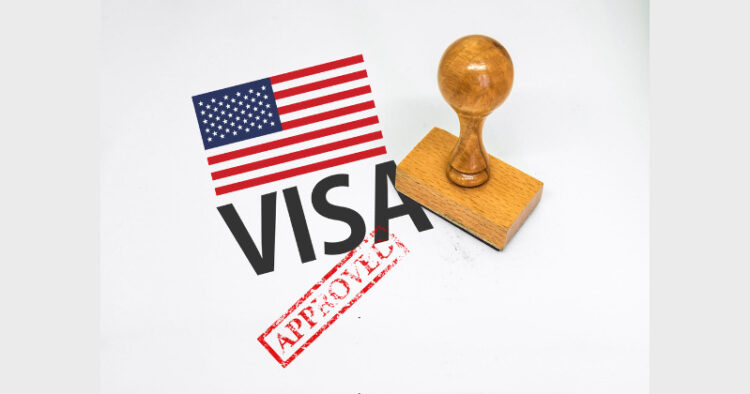New Delhi: The United States is proud to have issued a record 62,000 visas to Indian students so far in 2021, said a White House paper released during the just-concluded visit of Prime Minister Narendra Modi to the U.S.
It also said nearly two lakh Indian students in the United States contribute $7.7 billion annually to the U.S. economy. The Fulbright Program has been bringing Americans and Indians closer together for 71 years since its launch in India. Over 20,000 fellowships and grants have been awarded under an exchange program, and the U.S. looks forward to building on these successes.
"The upcoming launch of the US-India Alliance for Women's Economic Empowerment—a public-private partnership between the Department of State, USAID, the U.S.-India Strategic Partnership Forum, and George Washington University—will help catalyze collaboration to advance women's economic resilience and empowerment in India," the paper said.
In his first-ever in-person meeting with President Joe Biden, Prime Minister Modi raised a number of issues involving the Indian community in America, including access for Indian professionals in the U.S.
"He (Modi) spoke of the issue of getting access for Indian professionals to the United States. In that context, he mentioned H-1B visa," Foreign Secretary Harsh V Shringla told reporters at a news conference in New York.
The most sought-after H-1B visa is a non-immigrant visa that allows U.S. companies to employ foreign workers in speciality occupations that require theoretical or technical expertise.
The U.S. Department of Agriculture looks forward to cooperating with the Indian Council of Agricultural Research on climate-change issues related to agriculture through strategic research on crops, livestock, and fisheries. USAID looks forward to working with the Indian government on establishing the U.S.-India Gandhi-King Development Foundation to promote initiatives and exchanges that honour both visionary leaders, the White House paper said.
Meanwhile, a Fact Sheet on Quad said there would soon be a Fellowship programme. It will sponsor 100 students per year—25 from each Quad country—to pursue masters and doctoral degrees at leading STEM graduate universities in the United States. It will serve as one of the world's leading graduate fellowships, but uniquely, the Quad Fellowship will focus on STEM and bring together the top minds of Australia, India, Japan, and the United States.
Schmidt Futures, a philanthropic initiative, will operate and administer the fellowship program in consultation with a non-governmental task force comprised of academic, foreign policy, and private sector leaders from each Quad country.














Comments